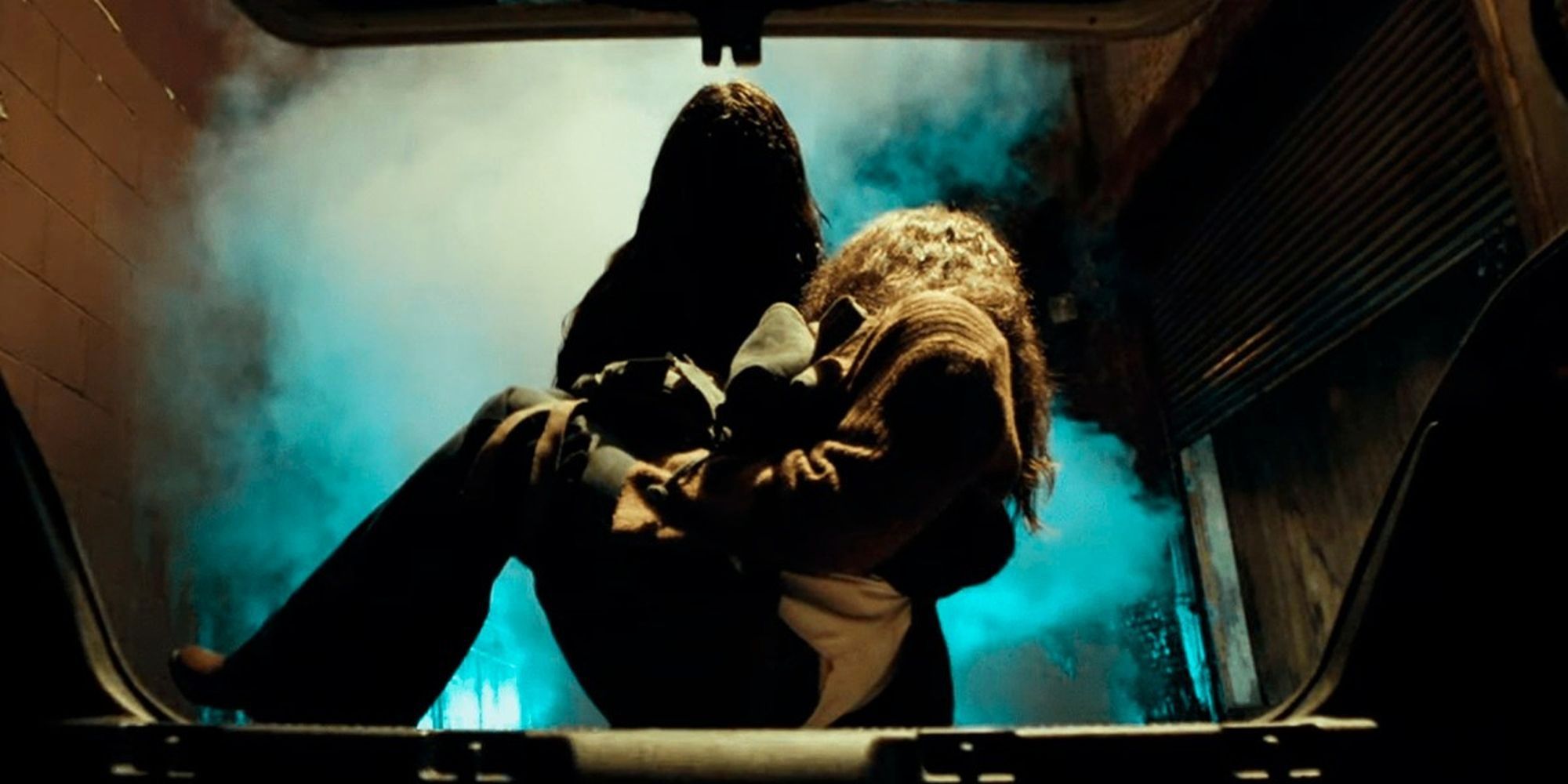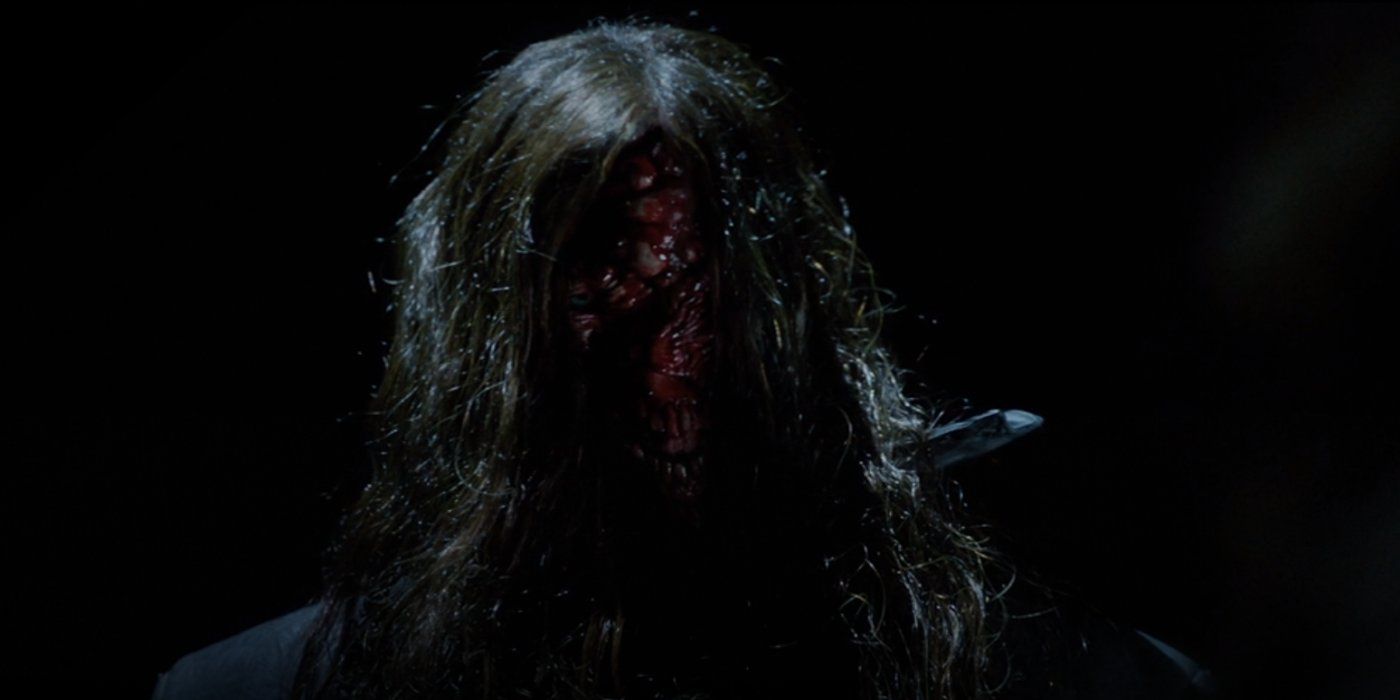Through Malignant, acclaimed horror director James Wan delivered a divisive and unexpected twist with its villain, Gabriel. While the movies set in Wan’s Conjurverse usually deal with ghostly and demonic entities, Malignant veered in an entirely different direction. In both The Conjuring and Insidious movies directed by Wan, the nature of the villain itself isn’t really a mystery, but in Malignant, it wasn’t altogether clear what the movie’s primary threat was until the third act.
Finally, the main characters found out that Gabriel is the evil parasitic twin of the protagonist, Madison (Annabelle Wallis). To many, this reveal essentially made the movie, but not every review is calling it brilliant. Some find it problematic, considering the entire movie basically hinges on this twist working. A reveal in the climax being so instrumental to the movie has turned out to be a divisive move for Wan and the main reason for why Malignant’s reviews are so mixed.
This opens up questions about why Wan went in this direction with Malignant. Comments from the director have confirmed the entire idea was born from the concept of parasitic twins. It was Wan’s intention to craft the “most messed-up story” he could imagine and bring it to the big screen, and then use that to create a number of gory scenes complete with “cool animatronic stuff.” This particular twist and the notion Gabriel can take over Madison paved the way for some brutally intense action sequences. They enabled Wan to revisit the styles and tones of his early entries into the horror genre too, such as Dead Silence.
What happens to Madison and what Gabriel is able to with her body aren’t realistic of course, but great meaning can be found in the twist, regardless. Parasitic twins like Gabriel aren’t conscious and can’t control their host bodies, but the twist at the end of Malignant ponders over a fascinating question: what if these lifeforms could have thoughts and an identity of their own? It’s an interesting scenario because when looking at the sad circumstances behind Gabriel’s existence, it's easy to understand why such a being would be bitter and desire the independence fully-formed humans have.
In Malignant, Wan took this idea to the next level by exploring what would happen if a person had not only a conscious parasitic twin, but one that was pure evil and trapped inside their mind, able to take control whenever it pleases. All things considered, it’s a terrifying concept in terms of what it would mean for the dominant sibling and the potential it would have for a horror film. Given the unique nature of it all, director James Wan was able to cleverly hide it in a game-changing twist in the third act that ultimately defined the movie.


